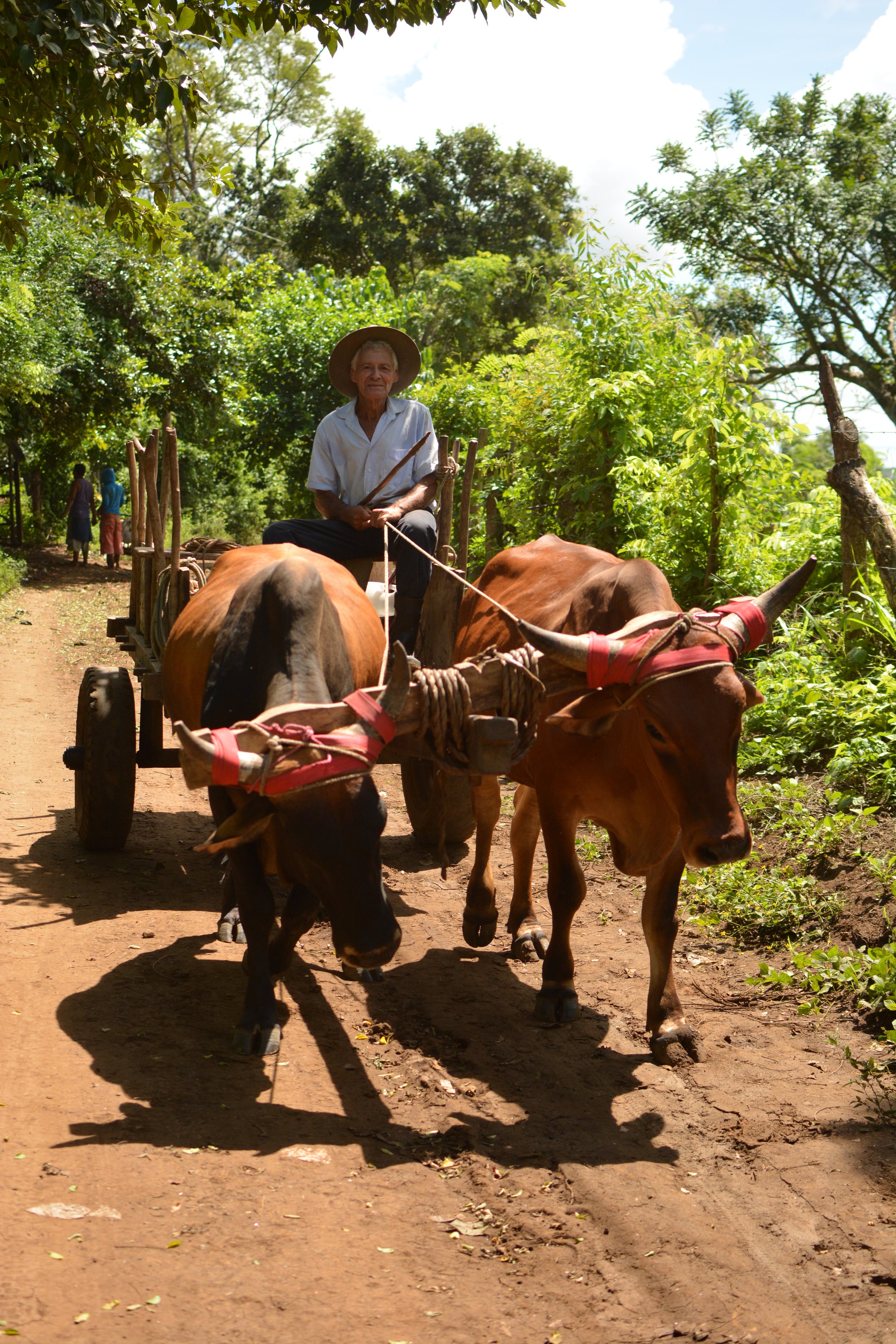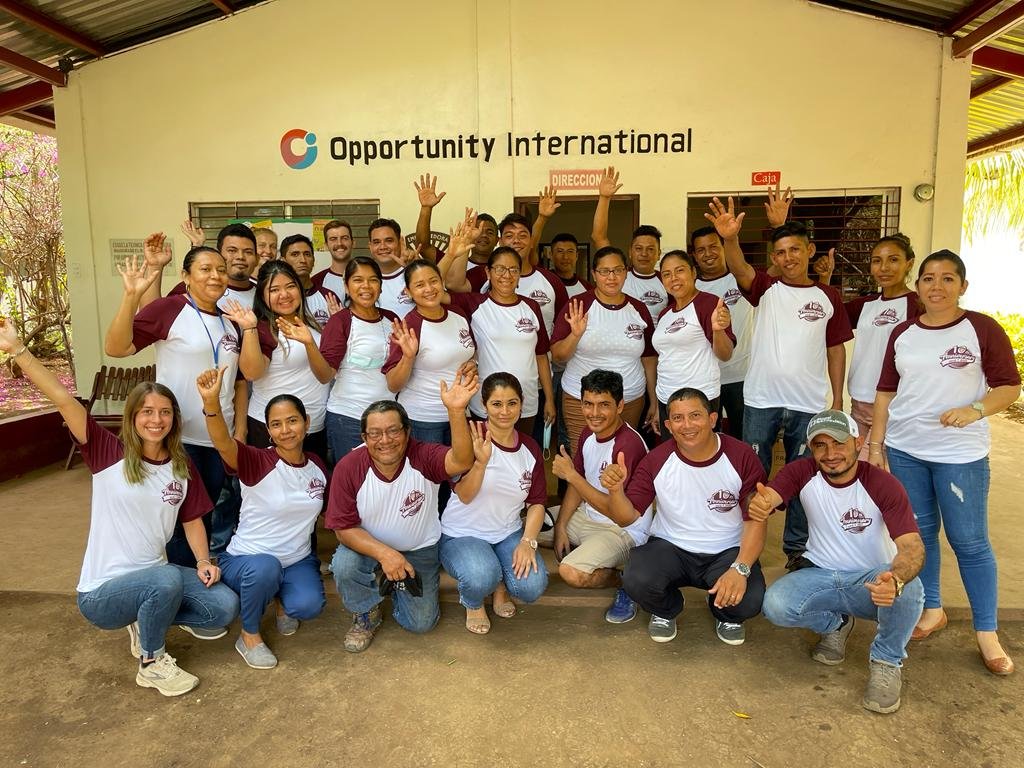HISTORY
Opportunity International Nicaragua was born out of a long, ongoing dialogue between Bob Lupton and David Allman. The pilot project was launched in Nicaragua based on the idea of applying community revitalization practices to microlending clients in developing countries with a goal to accelerate clients out of poverty. Opportunity International in Chicago helped raise money for the project, which was officially launched in 2005.
Through work with smallholder farmers and community initiatives, Opportunity observed a clear need for quality secondary education in Nicaragua’s rural communities—only about 40% of students in rural areas will complete primary school, and only 10% will graduate from secondary school. To address this deficiency, Opportunity opened the Emprendedora High School in 2011. The school offers technical degrees in agriculture and tourism and a learn-by-doing methodology to provide students with hands-on experience for their future careers. Emprendedora operates small businesses to support the cost of operations, and is designed as a self-sustaining program where students gain essential work experience as they subsidize the financial burden of quality education.
In 2005, with Geralyn Sheehan, we began our Community Economic Development (CED) program in Nicaragua to pilot holistic methods of transforming families and communities in lower-income areas. The CED program provides investments to address sustainable solutions for micro-entrepreneurs by leveraging local assets to help foster healthy, vibrant, and sustainable communities.
Over the last few decades, we have been able to build strong, trusting relationships with local micro-entrepreneurs. A few years after the school opened, Pacaya Lodge & Spa and the processing plant were opened, helping to offset the cost of sustaining the school. Once trust is established through successful economic initiatives, social and spiritual projects can be jointly undertaken to integrate holistic change in the communities. Presently, our work in Nicaragua is focused in four main areas: agriculture, tourism, community, and education.
Recently, Opportunity International Nicaragua experienced a dramatic growth in sales of yuca, resulting in generating substantial profits from agricultural operations and ultimately allowing us to completely cover the overhead costs of sustaining the school and other programs. As Opportunity International Nicaragua looks towards the future, we’re excited to continue to use the Community Economic Development model to implement sustainable solutions in Nicaragua and beyond.


